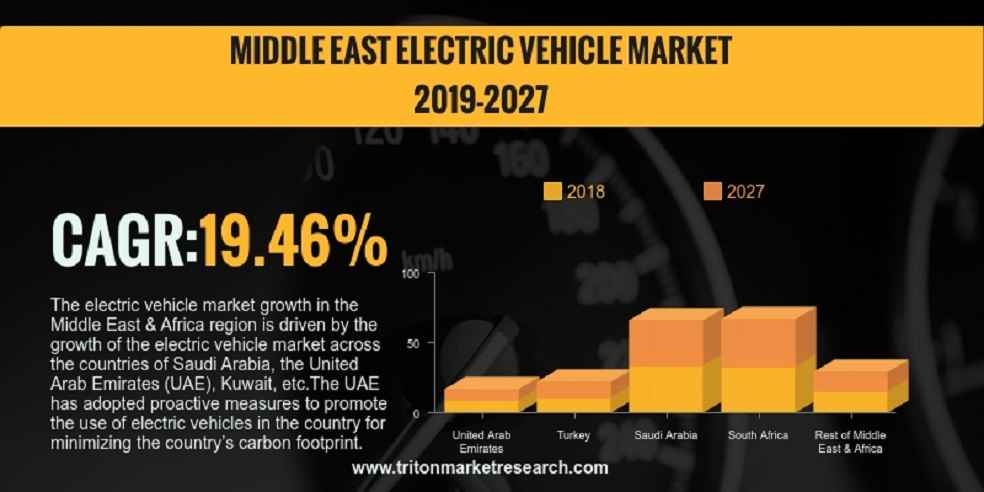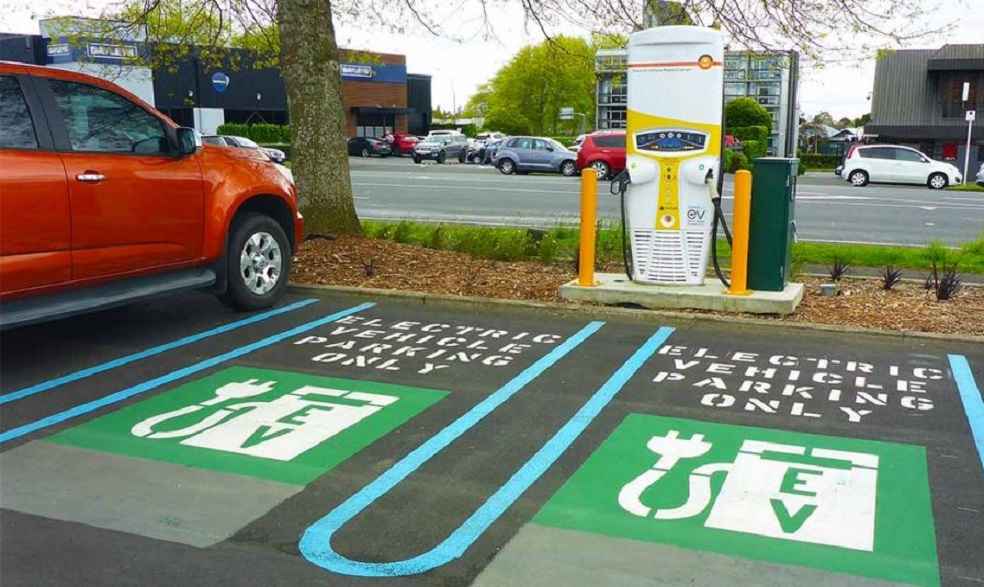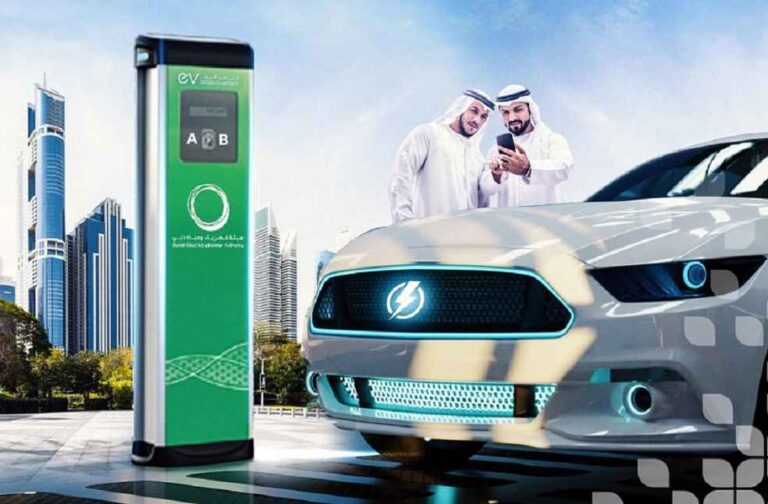The GCC electric vehicle (EV) market is poised for remarkable growth, as indicated by a recent report from Mordor Intelligence, which forecasts the market’s expansion from 2023 to 2028. The study outlines the significant role that government initiatives and increasing awareness about the benefits of EVs play in driving this trend, as well as the market’s resilience in the face of the COVID-19 pandemic.
According to Mordor Intelligence, government policies across GCC nations have been instrumental in spurring the adoption of EVs. These policies include tax incentives, subsidies, and the development of EV charging infrastructure. For example, the United Arab Emirates’ (UAE) “EV Green Charger Initiative” has greatly expanded the availability of charging stations, making EV ownership more feasible and attractive for consumers (source: UAE Ministry of Energy and Infrastructure).
Furthermore, growing environmental concerns have led to a heightened demand for eco-friendly transport options. According to a report from Frost & Sullivan, the GCC’s EV market is expected to witness a compound annual growth rate (CAGR) of 25.6% between 2020 and 2025, with the UAE, Saudi Arabia, and Qatar leading the way in terms of EV adoption.
 The COVID-19 pandemic, while disrupting numerous industries, has had a mixed impact on the GCC EV market. Supply chain disruptions and lockdowns initially hindered the industry, but government stimulus packages and a gradual return to normalcy have revitalized the market. Additionally, the pandemic has underscored the importance of sustainable solutions and accelerated the shift towards greener transportation.
The COVID-19 pandemic, while disrupting numerous industries, has had a mixed impact on the GCC EV market. Supply chain disruptions and lockdowns initially hindered the industry, but government stimulus packages and a gradual return to normalcy have revitalized the market. Additionally, the pandemic has underscored the importance of sustainable solutions and accelerated the shift towards greener transportation.
Another factor contributing to the growth of the GCC EV market is the increasing availability and variety of electric vehicle models. Major automakers, such as Tesla, Nissan, and Chevrolet, are expanding their presence in the region, offering consumers a wider range of options and making EV ownership more accessible (source: Frost & Sullivan).
 Despite the optimistic outlook, challenges remain for the GCC EV market. High upfront costs, limited charging infrastructure in some areas, and range anxiety continue to be barriers to widespread adoption. However, ongoing investment in EV technology, infrastructure development, and supportive government policies are expected to help overcome these obstacles and propel the GCC EV market forward.
Despite the optimistic outlook, challenges remain for the GCC EV market. High upfront costs, limited charging infrastructure in some areas, and range anxiety continue to be barriers to widespread adoption. However, ongoing investment in EV technology, infrastructure development, and supportive government policies are expected to help overcome these obstacles and propel the GCC EV market forward.
As the GCC EV market continues to grow, the region will not only reap the benefits of reduced emissions and a greener future but also potentially become a global leader in sustainable transportation. With the support of governments, industry leaders, and consumers alike, the GCC is poised to embrace a promising future in electric vehicle adoption





